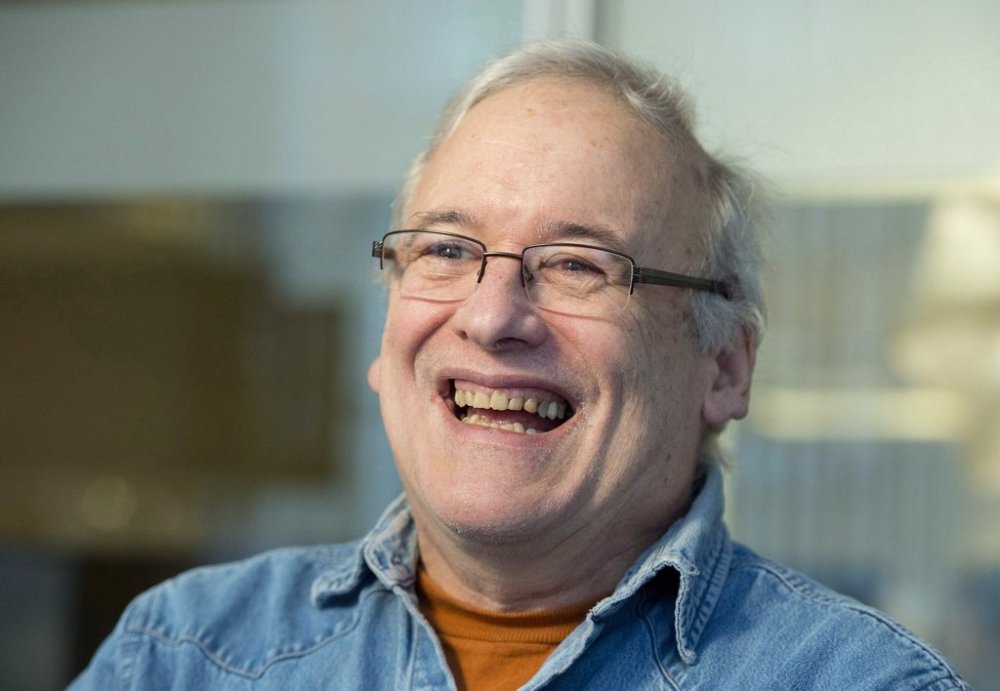Children’s book author Robert Munsch says he has chosen medical assistance in dying
Advertisement
Read this article for free:
or
Already have an account? Log in here »
We need your support!
Local journalism needs your support!
As we navigate through unprecedented times, our journalists are working harder than ever to bring you the latest local updates to keep you safe and informed.
Now, more than ever, we need your support.
Starting at $15.99 plus taxes every four weeks you can access your Brandon Sun online and full access to all content as it appears on our website.
Subscribe Nowor call circulation directly at (204) 727-0527.
Your pledge helps to ensure we provide the news that matters most to your community!
To continue reading, please subscribe:
Add Brandon Sun access to your Free Press subscription for only an additional
$1 for the first 4 weeks*
*Your next subscription payment will increase by $1.00 and you will be charged $20.00 plus GST for four weeks. After four weeks, your payment will increase to $24.00 plus GST every four weeks.
Read unlimited articles for free today:
or
Already have an account? Log in here »
TORONTO – Children’s book author Robert Munsch says he has chosen a medically assisted death because of his dementia diagnosis.
He made the comments in a profile in The New York Times, saying he hasn’t set a date.
The “Love You Forever” author, who lives in Guelph, Ont., was diagnosed with dementia in 2021.

He told The New York Times that he applied for MAID shortly after the diagnosis, and was approved.
When MAID was first legalized in Canada in 2016, candidates — those with a “grievous and irremediable condition” — had to be able to consent to the procedure on the day-of.
But starting in 2021, those with a “reasonably foreseeable” natural death who may lose their capacity to consent could sign what’s called a waiver of final consent, which allows them to go through with MAID even if they can’t consent day-of.
That opened the door for more dementia patients to access MAID, but there are still some limitations because the waiver has to have an expiration date attached to it.
Munsch told the Times that he watched one of his brothers die from Lou Gehrig’s disease and go through invasive interventions. He said he might choose to go once his communication is impaired.
This report by The Canadian Press was first published Sept. 16, 2025.
